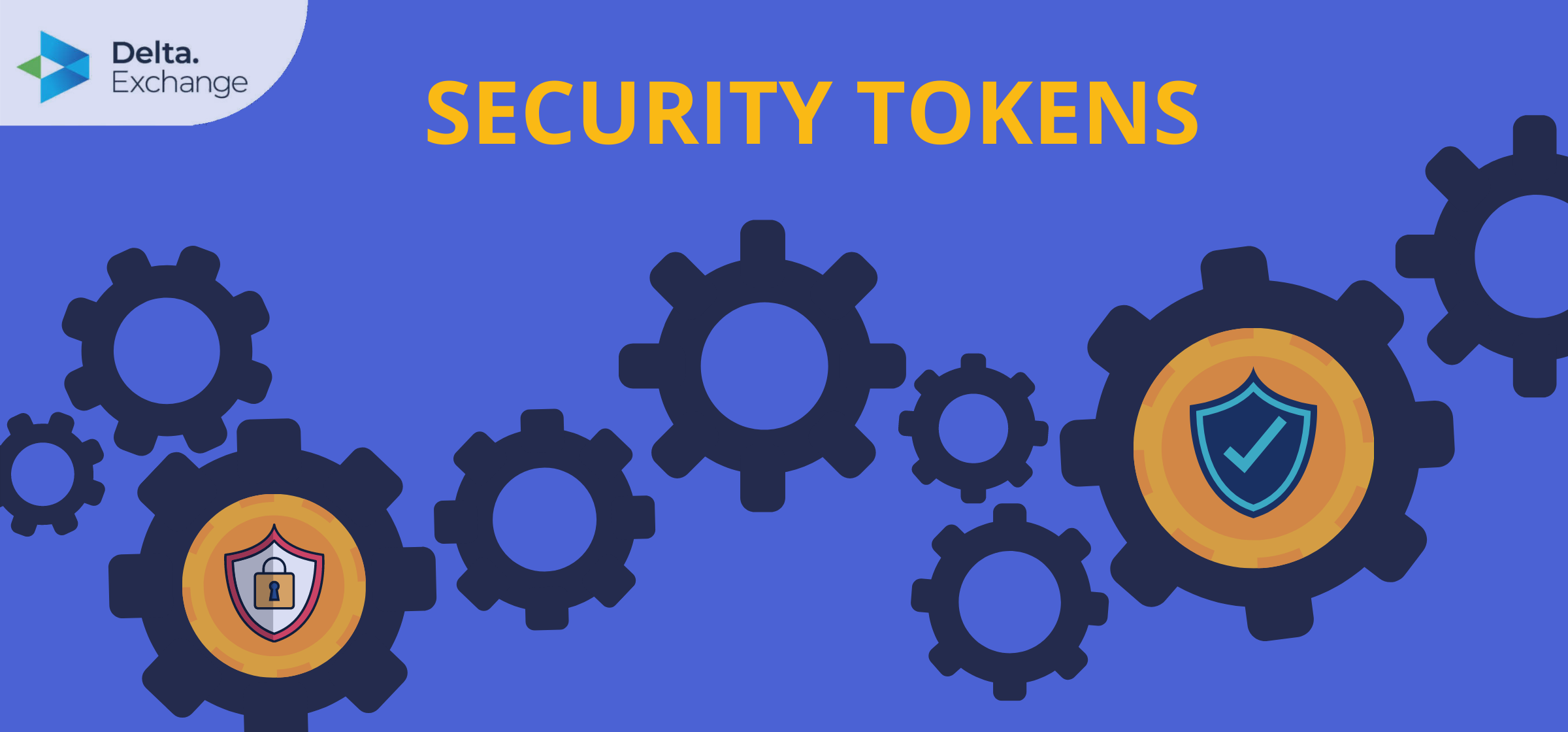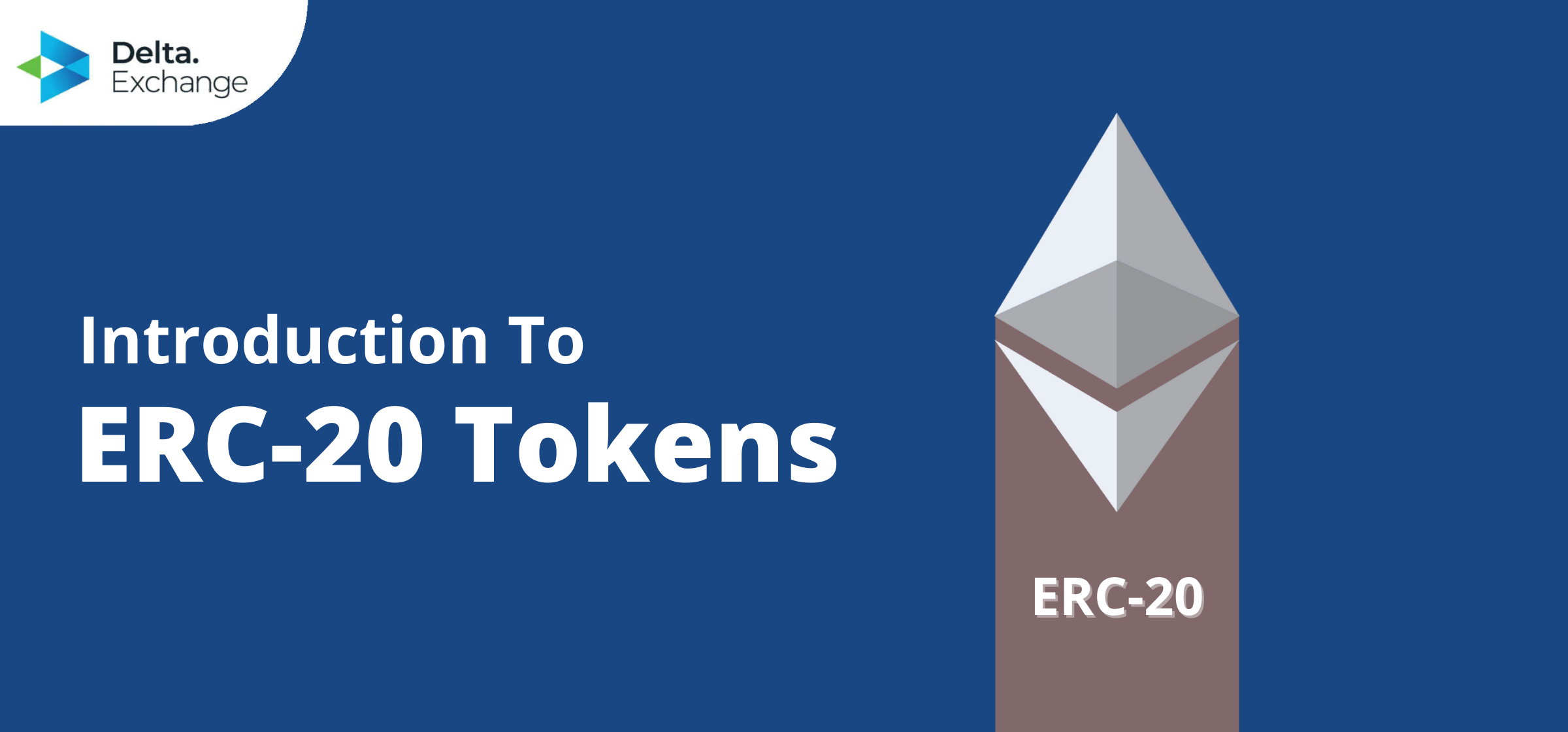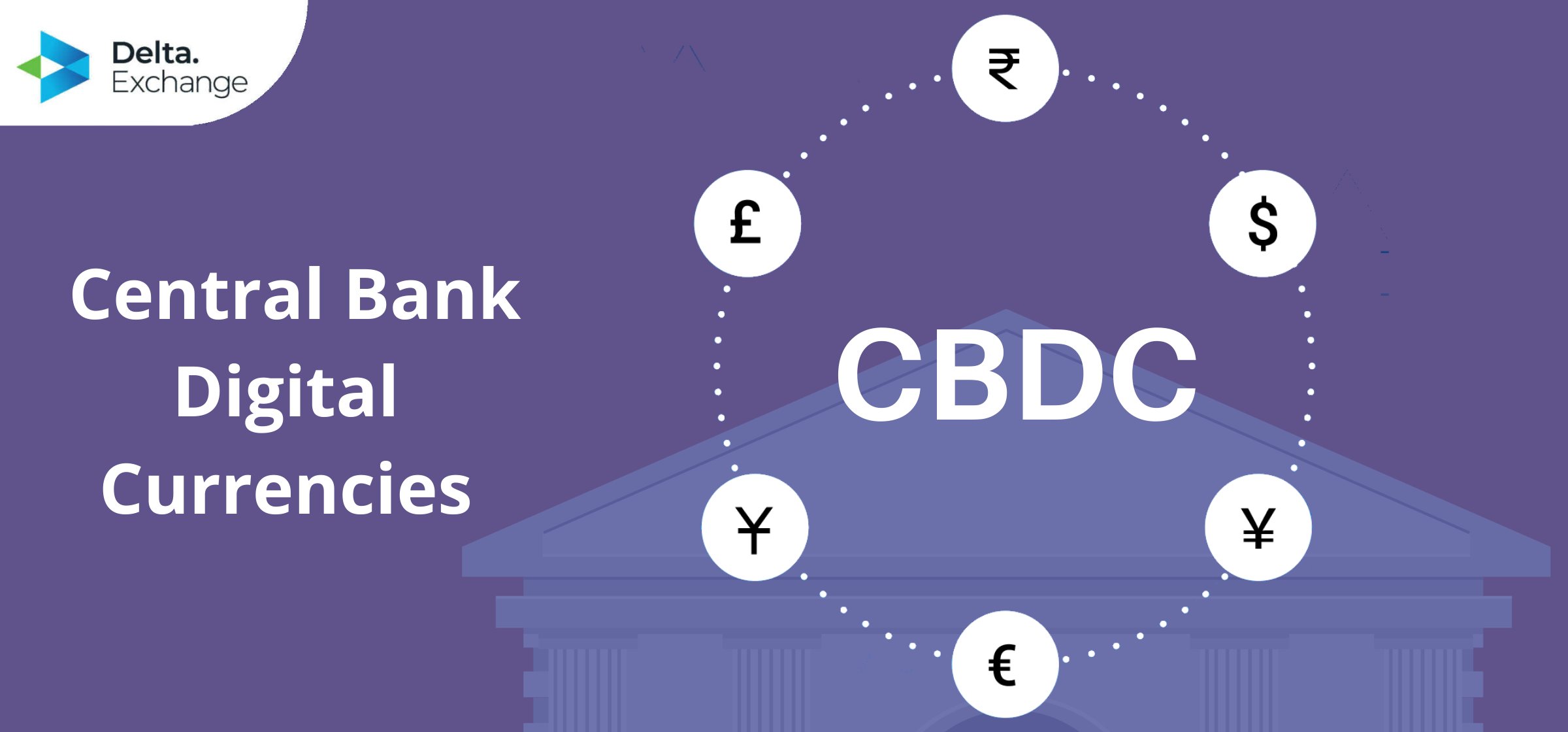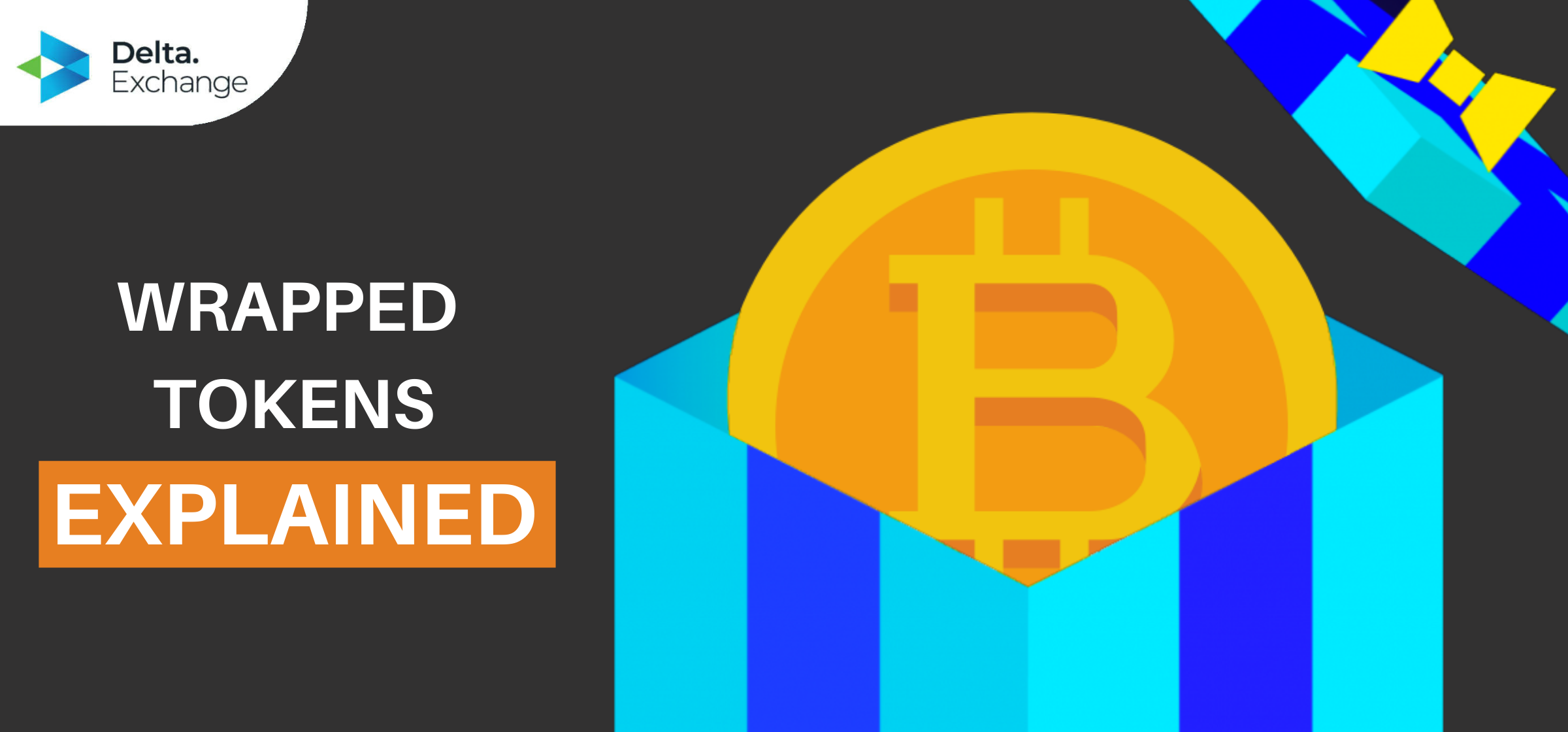Educational
June 18, 2021
Security Tokens Explained
Shubham GoyalProduct Specialist
If you’re familiar with cryptocurrencies, there’s no way you haven’t heard of the blockchain technology. The blockchain tech – which is the underlying technological architecture behind most cryptocurrencies today, is probably one of the fastest-growing technologies till date, as it has already managed to surpass the cryptocurrency industry and is being deployed across many other industries, both financial and otherwise.
The blockchain tech was introduced as we know it today back in 2009, when the infamous Satoshi Nakamoto launched the very first cryptocurrency Bitcoin. After the rise of ICOs (Initial Coin Offerings), where various organizations sell crypto so as to fund specific operations or any further developments, there are many, many kinds of different cryptocurrencies out there.
Security tokens are quite similar to these ICO-generated tokens at a glance. Security tokens are distributed through Security Token Offerings or STOs. So if you’ve ever wondered how to invest in security tokens or participate in security token exchanges, STOs would be a good place to start.
A security, as you might be aware, refers to a financial instrument that has some value and that can be traded. Many of the traditional financial instruments, such as stocks, bonds, and options, are good examples of securities. Security tokens, simply put, represent these various securities.
2021 is shaping up to be the year when security tokens rise up as one of the most successful use cases of the blockchain technology so far. In this post, we try to answer all your questions regarding what is a security token crypto, what are security token exchanges, and more.
What Is a Security Token?
A security token crypto is based on a blockchain platform, and that usually represents a stake in a particular organization or even a valuable asset. Security tokens are distributed generally by entities like various businesses and even governments.
Security tokens serve as a bridge between the virtual cryptocurrency and real world finance. They strike a good balance between the two worlds, with digital, liquid contracts for fractions of tangible assets that possess value, like company shares, or assets like a house, a car, or a valuable enough painting. These security tokens serve the same purpose as their underlying assets.
In crypto, security tokens are primarily designed to assign, validate, and ensure ownership rights with the help of immutable blockchain records. They act as value-transfer instruments for an asset, an asset bundle, or a set of rights. As for the features of security tokens, they have all the usual characteristics and benefits of your regular crypto tokens, with the distinction that these crypto tokens can be programmed with unique properties and features, and the various regulatory requirements and protections of the securities they represent also passes on to them.
To see an example of a security token, let’s assume company X wants to give away some shares to investors in a digital, tokenized form. So they can design their security tokens to hold all the benefits investors can expect from the shares they represent, like voting powers and dividends.
When you try to understand what is security token, it’s quite easy to mix them up with tokenized securities. So, let’s see the differences between the two next, shall we?
How Are Tokenized Securities and Security Tokens Different?
As the world around us gradually takes up the digital road and the blockchain technology gets adopted more widely, it’s very likely that you might think of the concepts of security tokens and tokenized securities as interchangeable. To truly realize why they are not, in fact, similar, it’s important to first know what exactly the terms define.
Tokenized securities and security tokens are indeed both digital assets, albeit of different types. Tokenized securities are relatively simple when it comes to both their forms and their operations. A tokenized security is simply a virtual avatar of a traditional security, and its sole purpose is to widen the security’s market reach and magnify its market liquidity as well. These tokenized securities don’t function much differently to the off-chain, real-world securities; the only real difference is that the tokenized securities can be stored on and swapped out through a blockchain network.
Security tokens also serve as value-transfer financial instruments and combine the digital aspect of crypto assets with real world valuables. However, in cryptocurrencies, security tokens have the DLT or the Distributed Ledger Technology backing them, so they have exclusive characteristics coming off the particular design for each of the tokens. Therefore, the one thing crypto security tokens have but tokenized securities do not is the programmability factor.
Moreover, security tokens go through a heightened standard of regulatory survey, since as mentioned before – they are basically the digital counterparts of their underlying financial securities, so they have to be created, exchanged, and processed according to the regulatory measures in the region they are meant to be issued and sold off in.
Now that we have the basics of crypto security tokens, let’s now take a look at the various beneficial characteristics of these tokens.
Properties of Security Tokens:
Since it’s already been established that security tokens are not that different from the usual blockchain powered crypto assets, you might have already realized that security tokens benefit from the various advantageous properties of the blockchain. Below, we round up some of these features of blockchain security tokens borrow:
- Full Transparency and Trackability: While blockchain helps keep user identities anonymous so as to provide them with the maximized security, on the public ledger, all other records are available for anyone to see. Therefore, anyone with an internet connection can audit the smart contracts managing the security tokens and track issuance and holdings if they please.
- Quick Settlement of Transactions: When it comes to the transfer of various assets, clearing and settlement of the transaction can often be painstaking and require a long waiting period. This is because while usual trades can be processed almost instantaneously, the reassigning of ownership of an asset can often require a lot more time. With the help of blockchain, however, the security token exchange process is entirely digital and automated and can be carried out rapidly.
- Active 24/7: Our traditional financial markets operate within limits again when it comes to their uptime. They are active during fixed periods of time on weekdays, and cease to operate on the weekends. However, with the digital asset markets, they are active throughout the day and every single day of the year. This way, the settlements of your security token exchanges get further accelerated.
- Divisibility: When you tokenize art, real estate, or other such highly valuable assets, they can be made available to all kinds of investors, especially those who otherwise can’t afford to invest. This increases the accessibility of the underlying assets, while also generating elevated standards of granularity over the investments.
Now that we have gotten that out of the way, we’ll be taking a closer look at how the crypto security tokens are transforming the way we have traditionally transferred value over the years.
How Security Tokens Are Revolutionizing the Financial Markets:
Now that you know the basics of security tokens, you might ask why you should buy a security token or participate in a security token exchange instead of just buying the asset they represent or simply a traditional equity stake in a business. Well, firstly, these security tokens are transparent, trustless, and of course, programmable – so you can infuse them with any qualities as per regulatory mandates and there’s a broad scope for innovation on your part. The security tokens can be therefore programmed to have more use cases than a regular company stock. Plus, with the help of the blockchain technology, these security tokens can be very easily transferred, reassigned, traded, and traced than the tangible assets they stand for.
So, it’s clear that security tokens have implications not only within the financial space, but also in other industries and situations where an asset of significant value is being traded.
In the financial markets, security tokens can help with the following:
- The Automation of Complex Procedures: With the help of smart contract protocols, security tokens can automatically execute complex tasks. This opens up many possibilities within the asset management sector. Security tokens standing for an equity stake in a company can be designed to calculate and distribute dividends so it rewards long-term token holders with a higher percentage, which will incentivize loyal shareholders. Compliance requirements can be built into the tokens so the security tokens exchanges can only be performed by buyers and sellers who abide by certain criteria, which will help forego the time consuming verification processes conducted by financial exchanges.
- Fractional Ownership of Assets and Unlocking Capital and Market Liquidity: As mentioned before, security token exchanges can be done 24/7 on blockchains, and the fact that these security tokens allow investors to have fractional ownership of the tokens’ underlying assets mean that they provide a super inclusive and easily accessible investment opportunity to a wide range of investors. The fractional ownership of assets means the investment minimums are lowered and market liquidity is increased.
- Enhanced Transparency and Traceability: Of course, every transaction on the blockchain is recorded on its immutable ledger, therefore every security token’s authenticity is guaranteed. These blockchain-based security tokens are easily verified and traceable, so they also come with a level of trustworthiness other security assets don’t possess. This aspect of them also makes them supremely useful within the financial markets.
- No Need for Intermediaries and Reduced Costs: As with blockchain, security tokens allow investors to do away with market intermediaries or any other third party otherwise involved in a traditional asset management procedure. This also helps eliminate the need for overly complex paperwork, simplifies the reporting and auditing procedures, and also decreases issuance charges. What these particular factors do is reduce the costs, as well as the processing times for the security token transactions, which also makes security tokens far more cost-effective than traditional methods of transferring value.
In conclusion, crypto security tokens possess the potential to completely transform the way value is transferred in financial markets and beyond. So far, security tokens haven’t exactly seen widespread adoption. But in the coming times, security tokens are fully expected to play an integral role in making financial markets far more efficient and inclusive, as well as allow developers to create yet unseen forms of value creation. We at Delta Exchange are very excited to see where the security tokens are headed next!
FuturesTrade Futures & Perpetual Swaps on 25+ crypto assets, with up to 100x leverage
OptionsTrade call, put or MOVE options on BTC, ETH, BNB and LINK
Interest Rate SwapsInterest rate derivatives that enable swap of fixed-floating rates
Mock Trading PlatformLearn Crypto Derivatives trading without risking real capital
Research & AnalyticsExclusive data, charts and analytics to help you trade smarter













